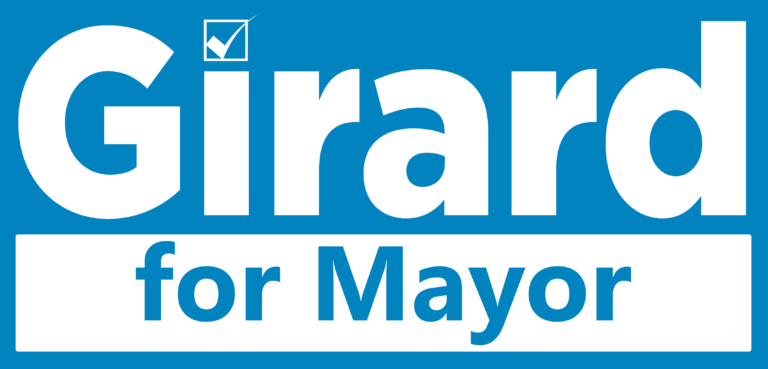by Rich Girard
Published in the Union Leader on December 27, 2020
HAVING RECENTLY received my tax bill in Manchester, I noticed something. The tax increase, projected by both Mayor Joyce Craig and the Board of Aldermen at .49%, was actually nearly triple that amount at 1.4%. Learning about that from my tax bill, rather than from a statement made by the city, was a curiosity.
Normally, a press release from the mayor’s office would announce the tax rate set by the state Department of Revenue Administration. After scouring the city’s web site, not only was there no announcement to be found on the mayor’s page, there was no announcement to be found on the pages for the Finance Department, Board of Assessors or Tax Collector’s Office.
Seems nobody was eager to broadcast the good news.
In researching the matter, I discovered that the near tripling of the tax rate increase came from two areas: An overestimation of the city’s tax base and an overprojection of non-tax revenue. Anyone paying attention wasn’t surprised to see that they used overly optimistic projections on both, especially given that the COVID-19 crisis had just begun. Mayor Craig give her budget address via Zoom from her home, remember?
In the three budgets presented since Joyce Craig took office, taxes have increased by more than 5.7%.
As interesting as this may be, Manchester’s taxpayers have a much bigger problem on the horizon: revaluation.
The preparations are underway for a full revaluation of the city’s tax base in 2021 and it will likely be especially problematic for the city’s homeowners. With skyrocketing residential values and struggling commercial industrial properties, there is likely to be a near seismic shift in the value of the city’s tax base.
After every revaluation, about a third of the properties pay more in taxes, about a third pay the same and about a third pay less if the amount the city raises in taxes remains the same. That’s because revaluations typically see a third of the properties increase in value by more than the overall tax base, a third increase by the same and a third increase by less. This happens whether or not the overall value goes up, stays the same or, as the city saw in the 1990s, takes a dramatic nosedive.
The revaluation done in the early 1990s came amidst the collapse of property values as the Savings and Loan Bank Crisis obliterated property values. It was then that residential taxpayers got hit with a major exploding cigar. While property values were down across the board, commercial-industrial values utterly collapsed, causing homeowners to shoulder an increase in the tax burden of approximately 20% before any increase in taxes that came from increased spending and declining non-tax revenues.
People are shopping online and working from home. This is eroding the value of any commercial property that relies on rent. The less rent that’s paid, the less valuable the property is. With major commercial property owners announcing they will seek reductions of property tax values because of this, we are likely to see a decline in the commercial tax base as we watch the residential values hit all-time highs.
What this means is that the fuse on another exploding cigar has been lit and the homeowner is about to feel the impact of the explosion; an explosion that will likely rival and very well may exceed the one that rocked residential taxpayers in the nineties.
Inasmuch as the revaluation will happen in an election year, Manchester’s taxpayers should demand that the mayor and aldermen address the likely impact of the revaluation on the city’s homeowners. Even if they do abide by the tax cap, that won’t stop the shift of the tax burden from the commercial-industrial properties to the residential ones. What other steps will they take to mitigate the coming impact? What protections will they provide the residential taxpayers? Will they even acknowledge the issue? With the 2021 election scheduled for Nov. 2, will they commit to releasing the revaluation results and announce the tax rate early enough to let the voters have their say on election day?
Taxpayers would do well to demand answers from any candidate on these issues. They would also do well to pay close attention to the coming budget deliberations as Mayor Craig and every alderman will demonstrate whether or not they understand what’s coming and and whether or not they will deal with it forthrightly. Whoever gets elected in 2021 will have their hands full when they take office in 2022. Exploding cigars are no fun.
